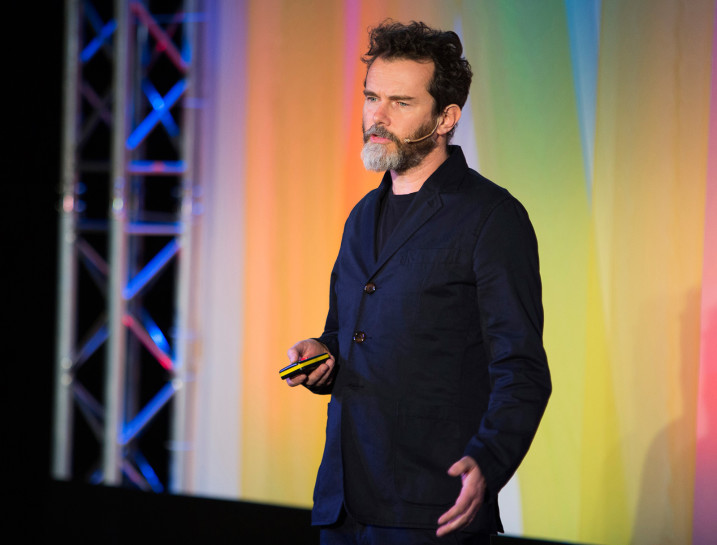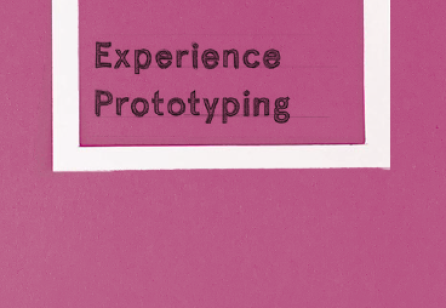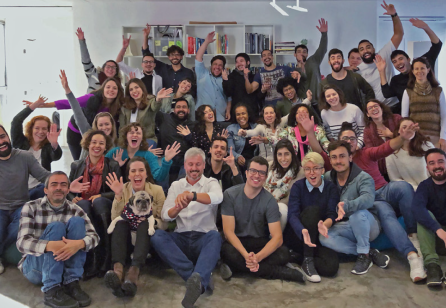In keeping a consumer / user at the heart of problem solving how can businesses start to think about products and services differently?
"In many cases we restrict our design consideration to on-boarding the consumer or their usage of a service. The off-boarding and aftermath we fail to care about. On the surface this seems normal business practice, but it is the result of decades, even centuries of denial in endings.
If we considered the off-boarding of consumers more seriously, then we would also respect their emotions around endings and in turn learn so much about their reasons for going. It would increase our consideration to the aftermath and impacts of service consumption, and will train our actions on well concluded services. A particular issue for Financial Services."
What are the limitations of service design today and what impact do you think they will have on where the future of service design will go?
"There are critical impacts in the service industry from a lack of thinking around endings. Provisions around end of life care is improving, but thinking around long term products has not improved.
Financial services are venerable of this. Pensions for example suffer from a lack of consideration about endings or closure experiences. In the UK, we average 11 employers in our lives. Each provides a pension pot. Age concern, a UK charity, believes 1 in 4 of these goes missing. Through lack of long term thinking and the natural changes in our long lives. In short we have not designed the mechanisms for long term delivery and a conclusion."
What trends do you think are impacting the adoption of service design?
"Designing based on quantitative and qualitative interpretations are important, but we are currently experiencing a trend of being overly biased towards quantitative information. This has come from a number of sources. Firstly the ease of capturing large quantities of data through digital tools. Secondly a trend in education of de-valuing creative skills.
UK figures showed a drop of 10.5 per cent for 2016. It has been dropping every year for nearly two decades. Resulting in a drop of students taking up creative careers or acquiring the qualitative types skills we gain from creative interpretation.
Why is this relevant to service design. Services, as intangible subjects, require softer skills and interpretations, as much as hard data, something people acquire a lot by studying creative subjects. So when we chip away at that skill set in the way we analyse data and teach people, it becomes a problem for service design."
For a person(s) embarking on bringing service design to their organisation what advice would you have for them to be successful?
"I would recommend encouraging the organisation to look at the whole customer lifecycle. We tend to focus on the on-boarding, and usage period. This has left many services with poor long term strategies.
Most consumers will experience many services over their lifetime. In contrast, the way we design we assume a consumer becomes a customer of our business once and never leaves.
Designing for a complete lifecycle, and considering endings balances this bias approach to the consumer lifecycle."
What are the podcasts/books/blogs that you go to to stay inspired around service design?
"I recommend looking outside your industry. Consider the parallels that are available from other industries. As service designers a great deal of inspiration can be gleaned from hearing about history of aviation, or the techniques in health care, or the history of economics.
We risk becoming narcissistic only referring to ourselves in learning. We would avoid testing a narrow group of consumers to understand our customers behaviour, yet we risk this narrow approach educating ourselves."









Share your thoughts
0 RepliesPlease login to comment